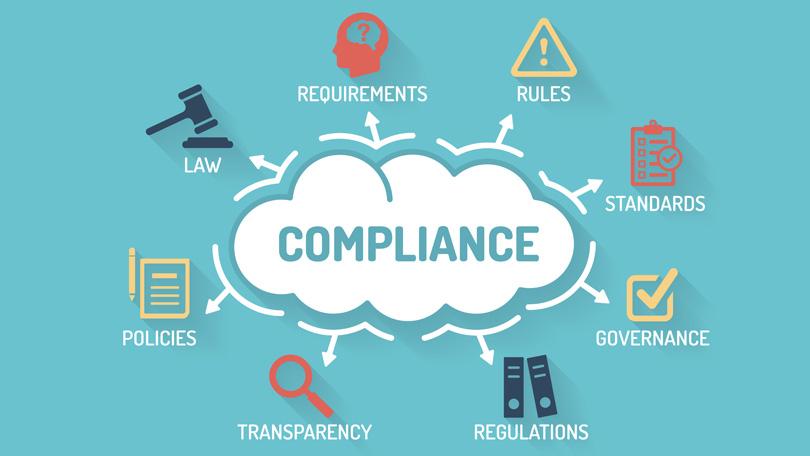AFSL Compliance: Increasing Regulatory Norms

The Australian Securities and Investments Commission (ASIC) is the apex body that has regulatory oversight of most things ‘finance’ in Australia. Australian Financial Service License (AFSL) is one of the many initiatives of ASIC that seek to regulate the domain of financial services and financial advisory professionals in particular. These actions help to safeguard the customers, increase transparency and boost confidence in the financial markets. On 11 May 2020, ASIC released a press note intimating the ban of three AFSL license holders. They had not ensured AFSL compliance.
The Financial Sector Reform Act of 2020 has been enacted to tighten the regulatory hold on license holders, among other reforms, to strengthen the financial and banking sectors. The Corporations Act of 2001 has already mandated several AFSL compliance requirements such as general and financial obligations, risk management systems, intimation of changes in specified details of the license holder, breach reporting and so on. The Act of 2020 has only added to the cumulative compliance requirements for the AFSL license holders, who approximate around 6000.
They are as follows –
This is a new requirement that replaces the existing ‘good fame and character test’. It applies to both AFSL license holders as well as new applicants. By definition, the ‘person’ required to undergo this test has been vastly widened. It now includes officers of the body corporate, partners, senior managers, trustees and controllers apart from a natural person who is an AFSL applicant or holder.
- Strengthened AFSL Application Process
Additional non-core proof statements are now required to be submitted during the application stage itself. This was previously required to be submitted at the stage of assessment of the application by ASIC. Some of these statements include details such as a statement of outsourcing of services, human resource volume, funds and scheme details etc.
- Covid-19 Arrangements
ASIC has included an additional document viz. ‘Covid-19 Requisitions’, with the onset of the Covid-19 pandemic. The details to be filled in this document include the matters and actions taken by the applicant as a response to the pandemic induced constraints, reassessment of risks and steps taken to mitigate the same across the business functions—for example, the risk of work-from-home arrangement and their mitigation.
In the fit and proper person, test ASIC tests whether –
- The concerned persons’ credit license or AFSL license has been cancelled or suspended in the past
- The person is disqualified under National Consumer Credit Protection (NCCP) Act or banned from carrying out credit activity
- Is a person convicted of an offence in the past ten years
- Is a person who is barred from managing corporations
- Is a person who has refused/failed to act as per AFCA orders
- Is an insolvent person/body corporate
- Other matters as ASIC deems fit.
The person/applicant must provide –
a. Criminal history check
b. Bankruptcy check
c. Statement of personal information
4. Enhancement of ASIC’s Powers
The reforms have delegated additional powers to ASIC such as –
- Banning AFSL license holders from practice or seeking disqualification via court
- Cancel AFSL license of those who have not yet provided service within six months of the issue of license
- Consider whether a fit and proper person test is satisfied by directing the license holder to submit a statement of purpose.
The continued scrutiny and increasing AFSL compliance requirements indicate ASIC’s intention to bring the AFSL license holders under surveillance for non-compliance and enforce legal and ethical aspects of the business and profession.







